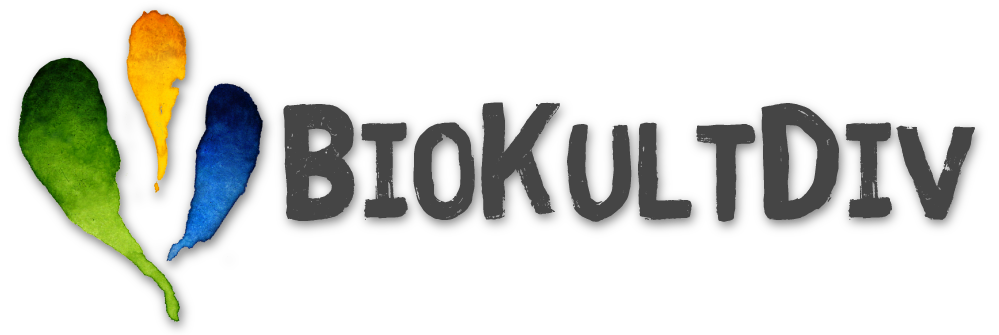by SESI
Recent academic literature on environmental values is showing a growing influence of relational perspectives. “This turn is characterized by the exploration of ontologies that seek to rethink the dualistic, hierarchical separation of humans from nature and to consider a plurality of values in order to better understand their dynamic interconnections to face the world’s sustainability challenges” (Ortiz-Przychodzka et al., 2023). In simple words, this means that there is a new way of thinking that tries to focus on what deeply connects humans and nature instead of what separates them. It challenges the idea that humans are above nature, stressing that we are instead a part of it. This approach considers a variety of values and perspectives to help us find sustainable solutions.
Influential conceptualizations that link humans and nature are mostly anthropocentric, such as the concepts of ecosystem services or Nature’s Contributions to People. They do not challenge sufficiently the hierarchical representations, especially predominant in economic theorizations, at the root cause of the sustainability crisis; i.e. the idea that nature mainly exists for satisfying human needs and preferences. Therefore, we need to consider non-utilitarian values so that we don’t end up commodifying nature. For this, an important step consists in paying more attention to non-human’s abilities to influence economic practices and values, or put in other terms, a more-than-human agency. This can allow us to better understand how our livelihoods are interrelated and co-produced.
In this line, the concept of diverse economies acknowledges that economic values and practices are influenced by human and non-human entities (such as non-human species, landscape features, ecosystems or technology). Economies are not merely the result of human actions but also of how humans interact with, and are influenced by, the world around them. This means that economies are not merely antagonistic to nature but are instead entangled with it. Understanding these entanglements is essential to rethinking economies in a way that they contribute to sustainability transformations, for example by respecting environments instead of destroying them.
In their recent paper, Ortiz- Przychodzka et al. (2023) apply a relational perspective to diverse economies, which they understand as assemblages in which both human and non-human entities have agency. In this case, they use the word assemblages to describe networks that are formed when entities temporarily come together due to mutual affections, power relations and associations. For example, rural home gardens are assemblages of people, plants, animals and soil, interacting to produce food. Humans and nature influence each other in this assemblage through the combination of their actions and abilities.

Ortiz-Przychodzka et al. (2023) argue that nature in assemblages like home gardens is not merely a thing acted upon. Human values, practices, and senses of place are influenced by human and non-human actions. While utilitarian values refer to the importance of relations as means for maximizing human’s preferences and needs, relational values express the importance of human and non-human relationships as ends in themselves (even if such relations do not maximize human’s utility). Such non-utilitarian morality challenges our understanding of nature as merely something profitable for humans. When we acknowledge that nature has agency, we are a step closer to overcoming the anthropocentric and utilitarian view of economies.
If you would like to read the full discussion of this topic, check out the original paper:
Original post at the SESI’s Blog (Social-Ecological-Systems-Intitute, Leuphana University)

